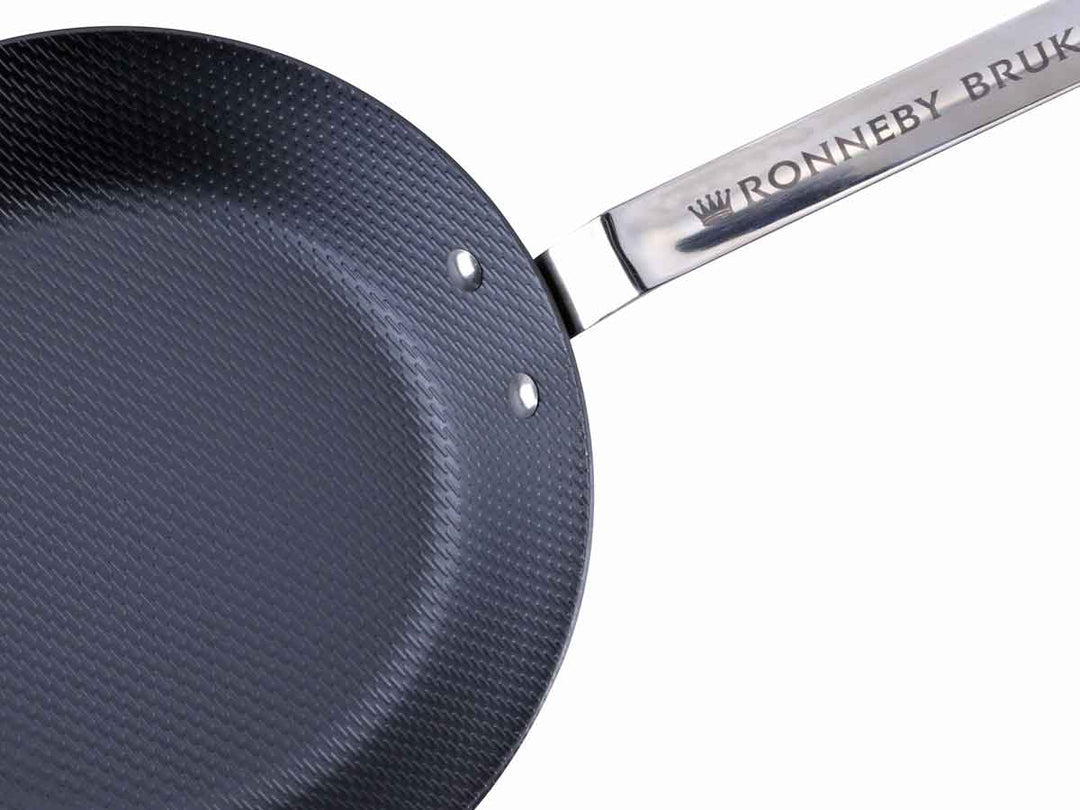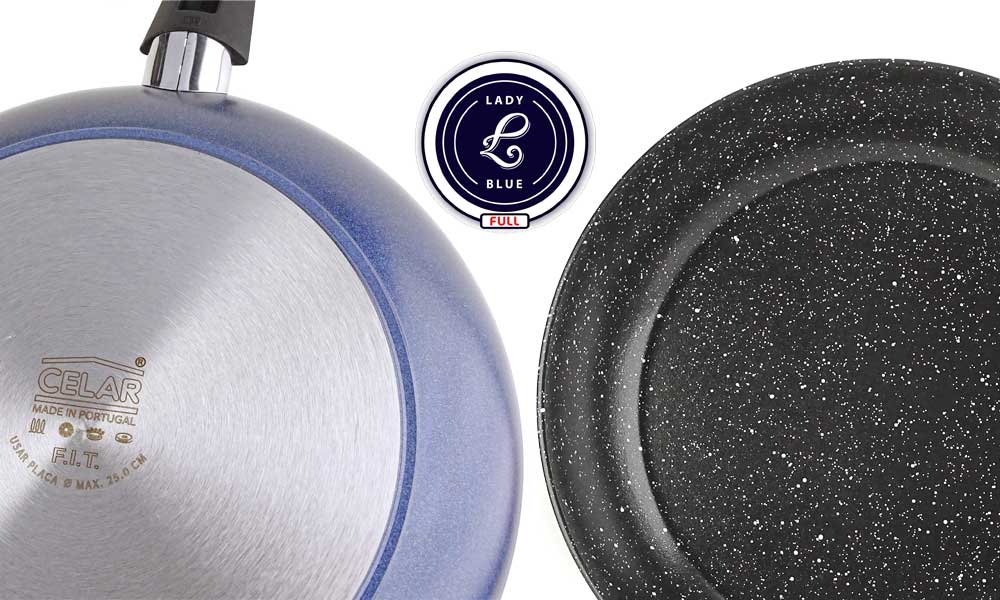What is really sustainable?
[Translated from German]
The term sustainability, which originated in early 18th century forestry, is certainly one of the most popular filler words of our time, and due to its inflationary use in politics, media and marketing, the term has degenerated into an often largely meaningless avowal label for social good behavior.
Sustainability as a buzzword
Individuals or companies who talk as much as possible about sustainability and how important it is can often score bonus and sympathy points, as they seem to have committed themselves to a good cause. In this way, every shred of plastic saved is elevated to the status of a sustainable achievement, and every meter traveled by electric transporter is glorified as a climate-political heroic deed. Entire professional fields are even opening up, and every large company has its own "sustainability manager".
What does truly sustainable action mean in concrete terms for PfannenProfis?
For the reasons mentioned at the beginning, we find it very difficult to use the buzzword sustainability in our product descriptions and other texts. Nevertheless, we would like to take a stand on the popular term at this point and first attempt to outline the content of the term sustainability in its currently common form as a way of doing business that has as few negative effects as possible on people and the environment in the long term. For us, the environment explicitly includes the climate. Since many a measure declared to be climate-friendly is demonstrably detrimental to the environment, the holistic view of the term environment must (unfortunately) be clarified.
Good products last longer
Well, for us it all starts with the selection of the products we offer you. These should have a level of quality that, assuming proper use and care, will allow the product to last as long as possible. After all, a lot of energy is needed to manufacture and process the metals and, if necessary, coatings of a pan or pot. The longer the product lasts, the less often it has to be produced / bought again and the lower the energy consumption on the bottom line. It does not matter to us whether it is a simple non-stick pan or a raw cast iron pan. Each type of product has its optimal purpose and thus its right to exist. What is decisive for us, on the other hand, is that the product, in terms of its basic design and for its respective product class, allows for a reasonable service life.
In order to find such products for you, we regularly attend the leading trade fairs in our industry and maintain close personal relationships with our suppliers.
Good descriptions and secure packaging prevent returns
Cookware is usually bulky and often quite heavy, so packages of cookware require quite a bit of energy to be transported hundreds or even thousands of miles from us to you. We would therefore like you to find the right product for your requirements and expectations right away, so that energy-intensive and also costly return shipments become unnecessary.
To make this possible, you will find detailed product descriptions including helpful information on dimensions and weights on our product pages. If you are still undecided about which cookware is the right one for your needs, you will find many tips and hints on our guide pages to help you choose the right product.
As a mail-order company, shipping itself is also an important starting point for truly sustainable action. But for some companies, "sustainable shipping" simply means using little packaging material. It is all too clear that in such cases the thought of financial savings is likely to be the predominant motive, which of course comes across much better in the green cloak called sustainability. But what about the much more frequent transport damage caused by too economical packaging and the resulting need for returns, reshipment and, in the end, often the destruction of damaged goods? This all costs a lot of energy.
But in relation to the large amount of energy required, for example, for the production of an enameled cast iron pan, where kilograms of iron have to be heated to over 1,000° C and, after casting, the entire cookware has to be heated again to over 800° C for enameling, the amount of energy required for some recycled wrapping paper is infinitesimal.
So no, we don't skimp on packing and cushioning materials (for which we use recycled paper wherever possible and sensible) when it comes to shipping energy-intensively manufactured goods safely from A to B. And because we pack well, we use recycled paper. And by packing well, we save more energy on the bottom line! That's what we mean by sustainable.
So much for sustainability from our point of view. And now have fun shopping!




